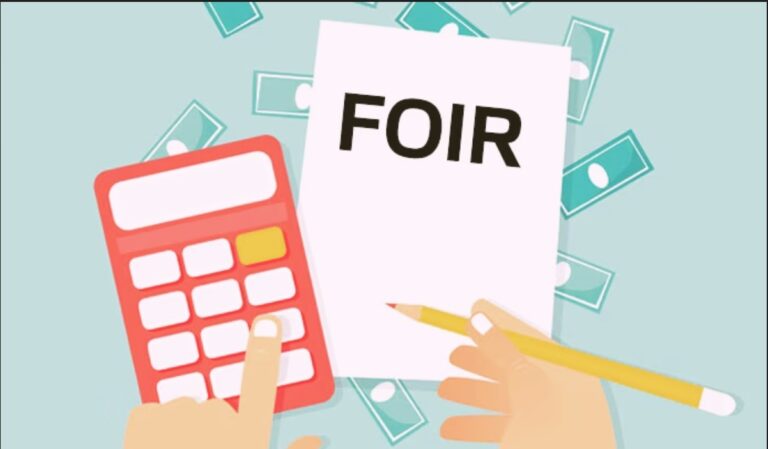A personal loan is a Non-performing Asset (NPA) when the payment is missed. On the 30-day post-non-payment of one or multiple EMIs, a loan goes into delinquency and it is followed by more intensive means to connect with the borrower. Formal notices are issued at 60 days of non-payment When non-payment exceeds 90 days then the loan is considered an asset quality. At that point, lenders will step up collection efforts and even take you to court. Meanwhile, more interest and penalties just pile up into the total debt. This NPA status can hang in the credit report of borrowers for many years and it does make lives tough to procure further credits. The borrower needs to pay and communicate with the lender seeking options of payment so that the account is not considered as a Non-Performing Asset.
Understanding Non-Performing Assets (NPA)
Non-Performing Assets, popularly known as NPAs are a crucial economic indicator used to evaluate the health and resilience of banks and other financial institutions in finance. It is an important parameter for banks because NPAs directly weigh down on how the banks deal with risk and maintain financial muscle.
How a Personal Loan Becomes an NPA
If the borrower misses one or more EMIs, the loan becomes delinquent after 30 days, with the lender stepping up efforts to contact them. At 60 days of non-payment, formal notices are issued. If payments are not made for 90 days, the loan is officially classified as an NPA, and this will negatively impact the borrower’s credit score.
Consequences of Your Personal Loan Becoming NPA
For Borrowers:
- Legal Actions: Lenders can initiate legal actions against borrowers who default, including sending legal notices, seizing any collateral associated with the loan, and starting recovery proceedings.
- Credit Score Impact: Borrowers experience a significant drop in their credit score, making it difficult to obtain future loans or credit facilities. Even if they manage to secure credit, it might be under less favourable terms.
- Reduced Financial Options: Defaulting on a loan severely limits the borrower’s financial flexibility, making it difficult to access credit, buy a home, or engage in other major financial activities.
For Lenders:
- Loss of Interest Income: Lenders lose out on the interest income they expect to earn from the loan, which directly impacts their profitability.
- Provisioning Requirements: Financial institutions are required to set aside funds as provisions for NPAs, reducing the amount available for new lending and potentially impacting their ability to generate new business.
- Impact on Reputation: A high ratio of NPAs can tarnish a lender’s reputation, making it difficult to attract new customers and investors.
Impact on Your Credit Score
When your loan becomes a Non-Performing Asset (NPA), it has a significant negative impact on your credit score, affecting your financial health in several ways:
- Lose a Lot of Points Fast: Missing payments and having to default on your loan(s) can lead to quick, steep declines in your credit scores. This fall is the way lenders see you as performing most of your debts are dealt with and how much more lay risk pose to pay back debt.
- Higher Interest Rates: Even if you manage to get a loan approved with bad credit, it will usually have higher interest rates and stricter terms. Lenders who are worried about the greater chance of defaulting, want borrowers to pay more for lending them money.
- Fewer Credit Opportunities: There may be a limited number of sources in terms of the credit you can obtain — such as car loans, mortgages, or cards— that make it difficult for you to meet your financial needs.
- The effect of default can last for several years, typically up to seven international credit reports and onward financial recovery.
Recovery Process for NPA Personal Loans
- Insolvency and Bankruptcy Proceedings: Lenders may pursue insolvency or bankruptcy failure.
- Contact and Reminder: The lender starts by contacting the borrower through phone calls, emails, and letters to remind them of the missed payments and to encourage repayment.
- Legal Notice: If reminders fail, the lender may issue a formal legal notice, informing the borrower of the consequences of non-payment and the possibility of legal action.
- Engagement of Collection Agencies: The lender may hire third-party collection agencies to recover the debt. These agencies will contact and negotiate with the borrower.
- Legal Proceedings: If repayment isn’t made, the lender may initiate legal proceedings, such as filing a lawsuit or, in the case of secured loans, seeking to seize and sell the collateral.
Steps to Avoid Your Personal Loan Becoming an NPA
Borrowers can take several steps to avoid the personal loan becoming an NPA.
- Timely Payments: Make your payments timely. They can set the automatic payment which will help you in repayment.
- Budgeting: Do the proper management of your finances effectively.
- Build an Emergency Fund: Saving is very essential at the time of covering unexpected expenses, which can prevent you from missing loan payments.
FAQs
- What kind of legal actions can a lender take if my loan is an NPA?
Lenders can send you legal notice, file a lawsuit, or recovery proceedings. If the case was secured loans, it can seize and sell the collateral to recover the debt.
- How does a loan becoming an NPA affect my credit score?
An NPA significantly lowers your credit score, which can make it difficult to get new credit. Even if you can secure credit, it would be with higher interest rates and less favourable terms.
Conclusion
In conclusion, understanding the implications of a personal loan becoming a Non-Performing Asset (NPA) is crucial for borrowers. By staying informed about the recovery process, the impact on credit scores, and the potential legal consequences, borrowers can take proactive steps to avoid defaulting on their loans. Regular communication with lenders, timely payments, and effective financial management can help prevent loans from reaching the NPA stage, thereby maintaining financial stability and access to future credit opportunities.
Also, Read:




